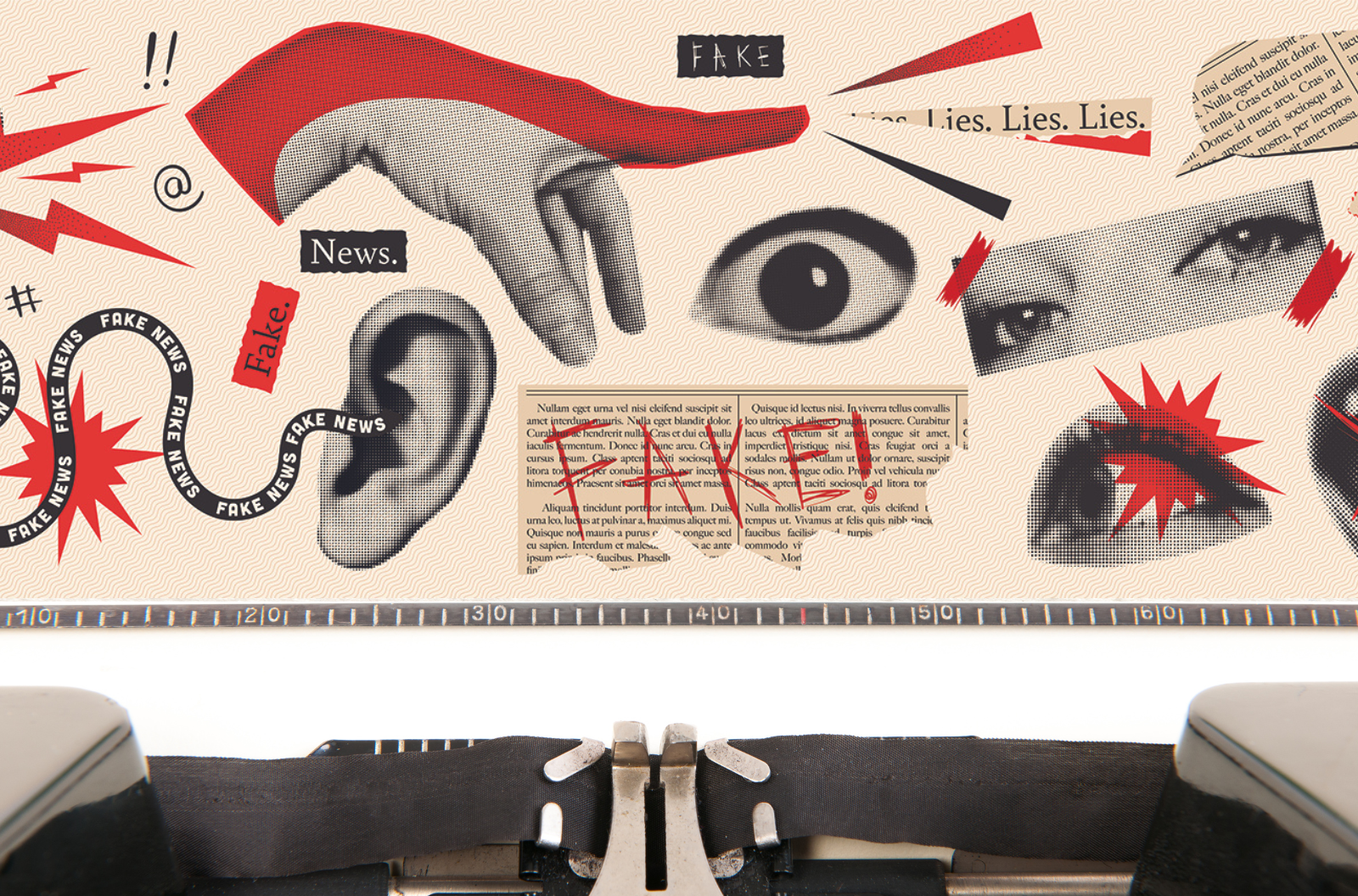How Science Fiction Influenced American Psychological Warfare
A new book looks at the history of psychological warfare, its connections to science fiction, and how it’s been adapted to modern politics.
Listen to Universe of Art on Apple Podcasts, Spotify, Google Podcasts, Stitcher, TuneIn or your favorite podcasting app.

When you think about connections between science and war, the obvious links are in technology—advanced radar, spy satellites, more powerful explosives—and in medical innovations that seek to heal the wounds caused by conflict. But in a new book, Stories are Weapons: Psychological Warfare and the American Mind, author Annalee Newitz says that stories and narrative can be weapons too, used in battle on a psychological battlefield.
Ira talks with Newitz about the history of psychological warfare, from Sun Tzu to Benjamin Franklin, and its modern American incarnation under the guidance of Paul Linebarger, who was also a science fiction author known by the pen name Cordwainer Smith. They discuss the characteristics of a psyop, how techniques of psychological warfare have been co-opted into modern politics, and whether there’s a route toward “psychological disarmament.”
Read an excerpt from Stories are Weapons: Psychological Warfare and the American Mind.
Universe of Art is hosted and produced by D. Peterschmidt, who also wrote the music. The original segment was produced by Charles Bergquist. Our show art is illustrated by Abelle Hayford. And support for Science Friday’s science and arts coverage comes from the Alfred P. Sloan Foundation.
Do you have science-inspired art you’d like to share with us for a future episode? Send us an email or a voice memo to universe@sciencefriday.com.
Dee Peterschmidt is a producer, host of the podcast Universe of Art, and composes music for Science Friday’s podcasts. Their D&D character is a clumsy bard named Chip Chap Chopman.
As Science Friday’s director and senior producer, Charles Bergquist channels the chaos of a live production studio into something sounding like a radio program. Favorite topics include planetary sciences, chemistry, materials, and shiny things with blinking lights.